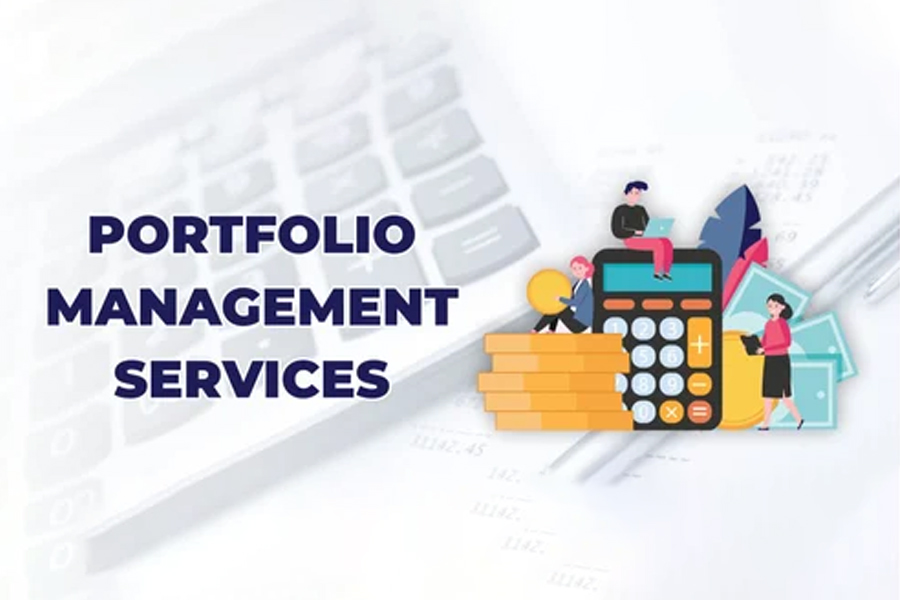Alternative Investment Fund (AIF) is a special investment category that differs from conventional investment instruments. It is a privately pooled fund. Generally, institutions, HNIs & Ultra HNIs invest in AIF.
These investment vehicles adhere to the SEBI (Alternative Investment Funds) Regulations, 2012. AIFs can be formed as a company, Limited Liability Partnership (LLP), trust, etc.

Investors willing to diversify their portfolio can invest in AIFs if they meet the following eligibility criteria:
The fundamental objective of portfolio management is to help select best investment options
as per
one’s income, age, time horizon and risk appetite
Some of the core objectives of
portfolio management are as follows:-

Nonetheless, to make the most of portfolio management, investors should opt for a management type that suits their investment pattern.
The following should consider portfolio management –
To make the most of the managerial process, individuals must put into practice strategies that match the investor’s financial plan and prospect.